Juba Things to Do
If you’re looking for things to do in Juba, South Sudan, there are plenty of options available in terms of biodiversity and culture. Juba is the capital and largest city of South Sudan. The city is situated on the White Nile and also serves as the capital of the Central Equatorial State. It is the most recently declared national capital. The city is a river port and the southern terminus of traffic along the Nile (specifically along the Bahr-al-Ghazal portion of the White Nile). Before the civil war, Juba was also a transport hub, with highways connecting it to Kenya, Uganda and the Democratic Republic of the Congo.
Juba Nile Bridge
One of the most iconic landmarks in the city is the Juba Nile Bridge, which spans across the Nile River and offers breathtaking views of the surrounding area. It’s a popular spot for both locals and tourists alike. visit the Juba bridge and admire river from the top knowing that it travels through many countries. You can spot fishermen and transport boats going about their daily business. The White Nile is relatively calm and smooth flowing.
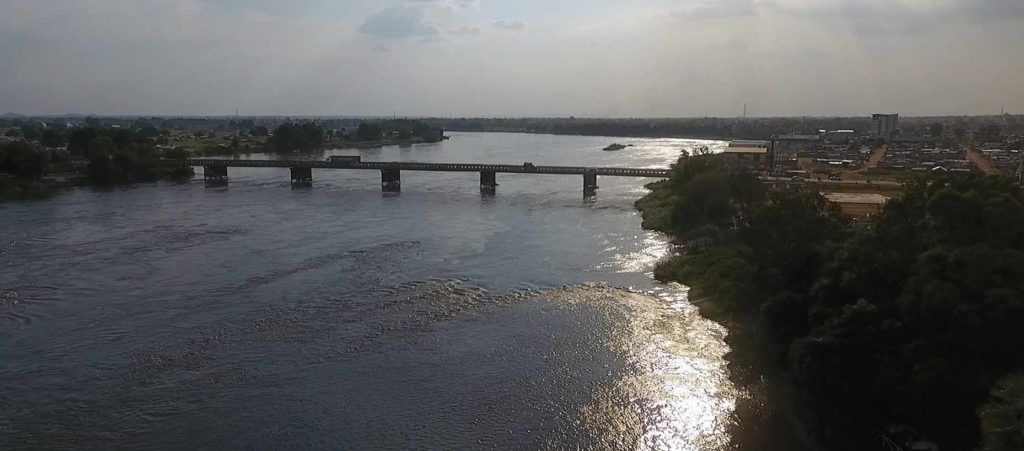
The White Nile
The White Nile is a river in Africa, it is one of the two main tributaries of the greater River Nile. It starts its Journey from jinja in Uganda. The other is the Blue Nile. The name comes from coloring due to clay carried in the water. White Nile refers to the river formed at Lake No, at the confluence of the Bahr al Jabal and Bahr el Ghazal Rivers. The White Nile refers to all the stretches of river draining from Lake Victoria through to the merger with the Blue Nile. These higher stretches being named the Victoria Nile, the Albert Nile and then the Mountain Nile or Bahr-al-Jabal . White Nile may sometimes include the headwaters of Lake Victoria, the most remote of which being 2,300 miles from the Blue Nile. The White Nile passes through Juba offering tourists in the capital an opportunity to visit it without driving traveling long distances.
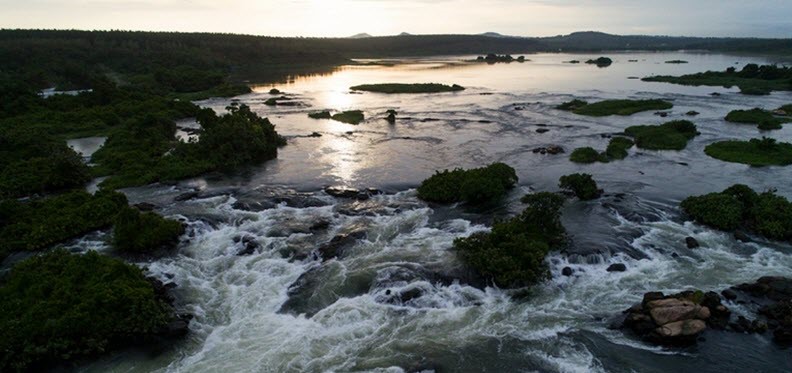
Dr. John Garang Mausoleum
Another must-see attraction in Juba is the Dr. John Garang Mausoleum. This monument pays tribute to the late John Garang, a prominent South Sudanese leader who played an instrumental role in the country’s history and struggle for independence. The mausoleum serves as a powerful reminder of this important chapter in South Sudan’s past.
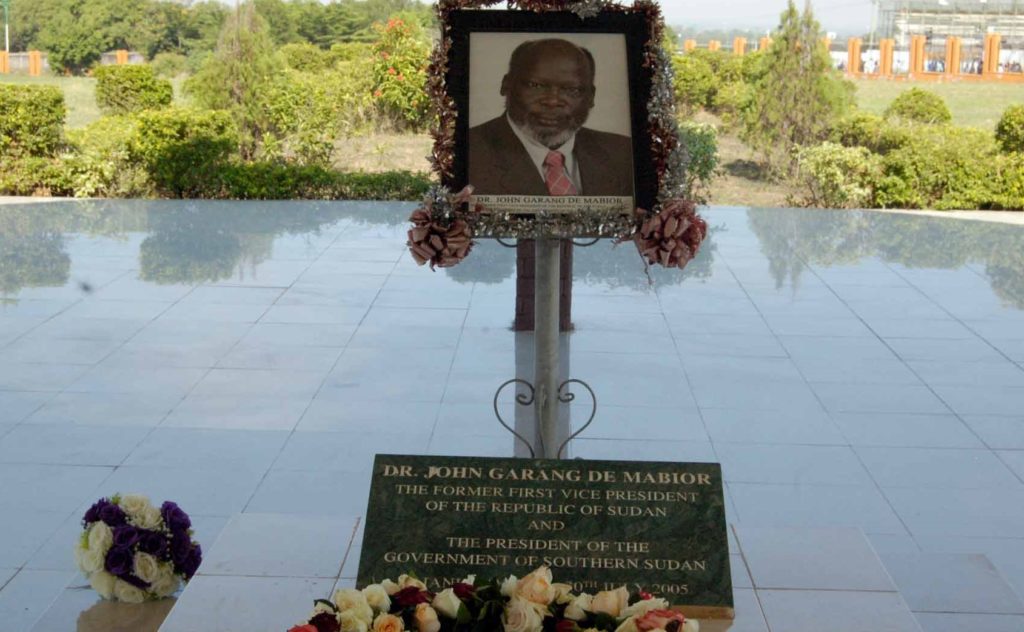
Konyo-Konyo Market
Konyo-Konyo is the largest market in Juba. It is a great place to explore and buy souvenirs, as well as sample some of the local cuisine.
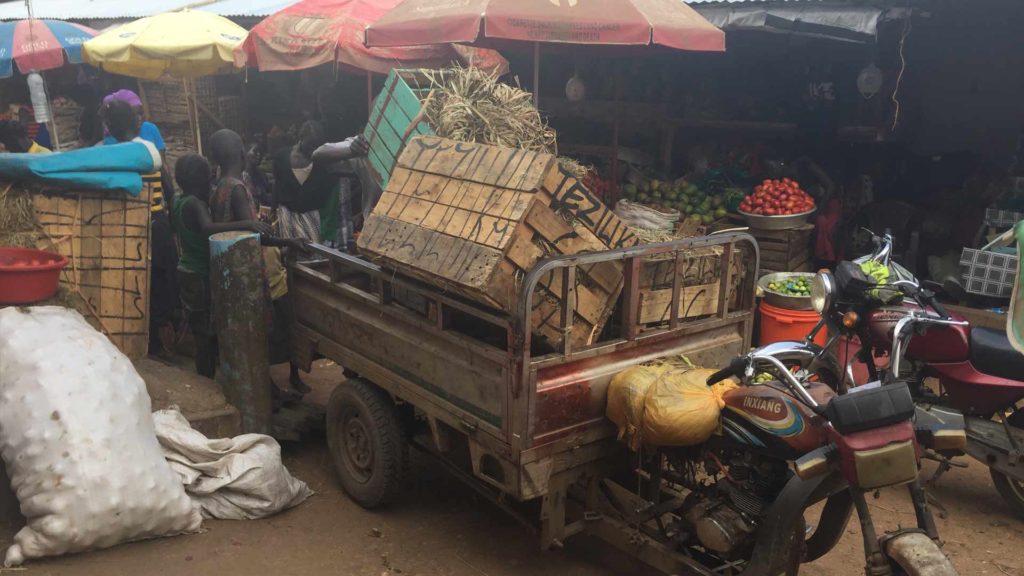
For those interested in experiencing local culture, visiting Juba Market is a must-do activity. This bustling and vibrant market offers visitors a chance to interact with locals and purchase unique handicrafts and traditional items that can’t be found anywhere else.
Juba Grand Mosque
This is one of the oldest mosques in the country. It is a great place to learn about the Islamic faith and the history of Islam in South Sudan.
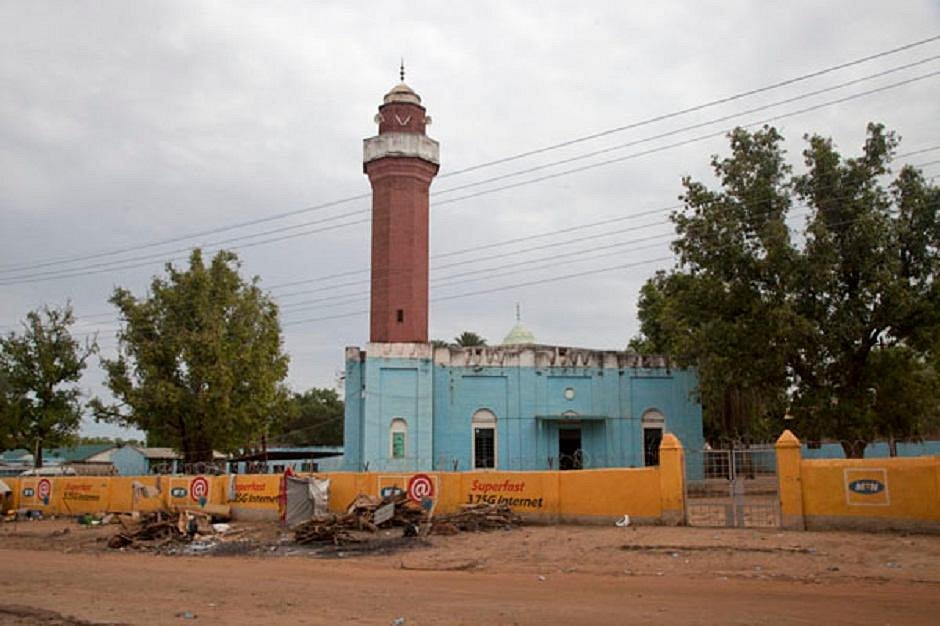
Nile River boat tour
If you’re looking for something more relaxing. These tours allow you to soak up the scenic beauty of this majestic river while observing daily life along its banks.
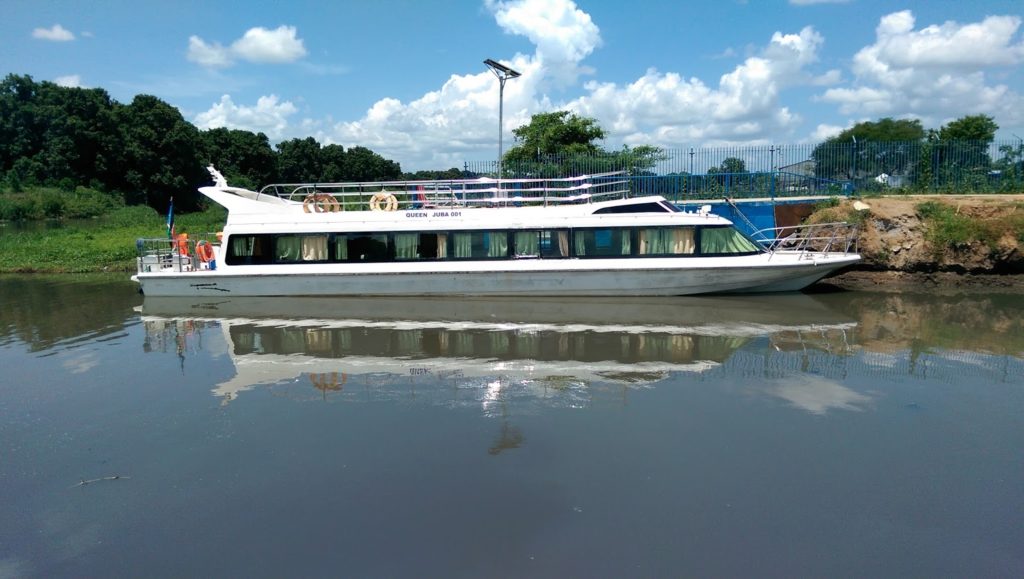
Jebel Kudjur Mountain
For outdoor enthusiasts, Jebel Kudjur is a great spot for hiking and photography offering stunning views of Juba and its surroundings that are sure to take your breath away. The mountain is only 684 meters high.
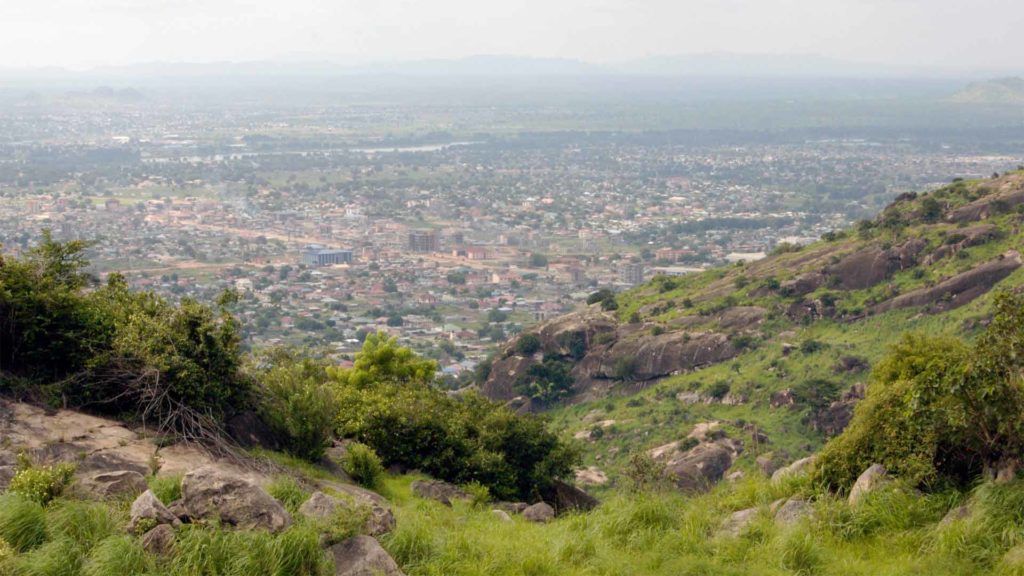
St. Theresa Cathedral
This beautiful Catholic cathedral showcases unique architectural design and is an important religious site in the city.
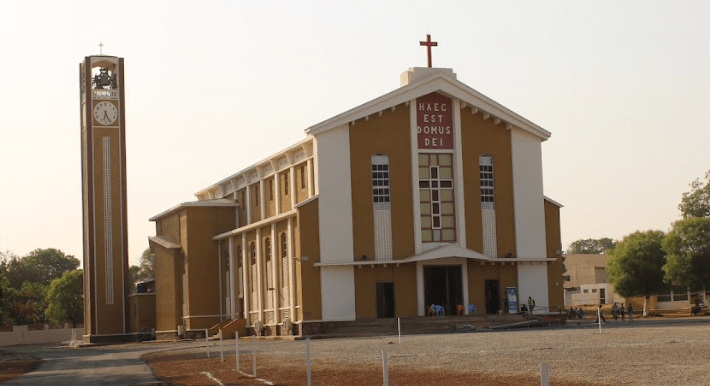
South Sudan National Museum
Last but not least, don’t forget to check out the South Sudan National Museum during your stay in Juba.
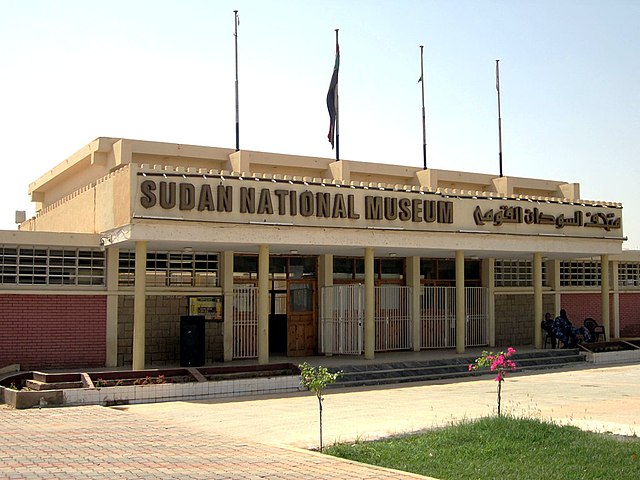
This museum displays artifacts and exhibits related to the history and cultural heritage of South Sudan that are sure to deepen your understanding of this fascinating country. This Museum is home to a variety of artifacts, including ancient tools and weapons, traditional costumes, and archaeological finds. It is a great place to learn about the history and culture of South Sudan